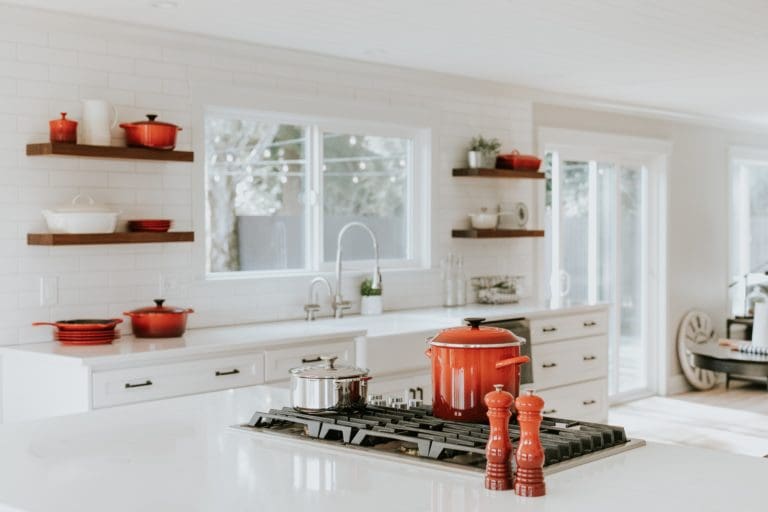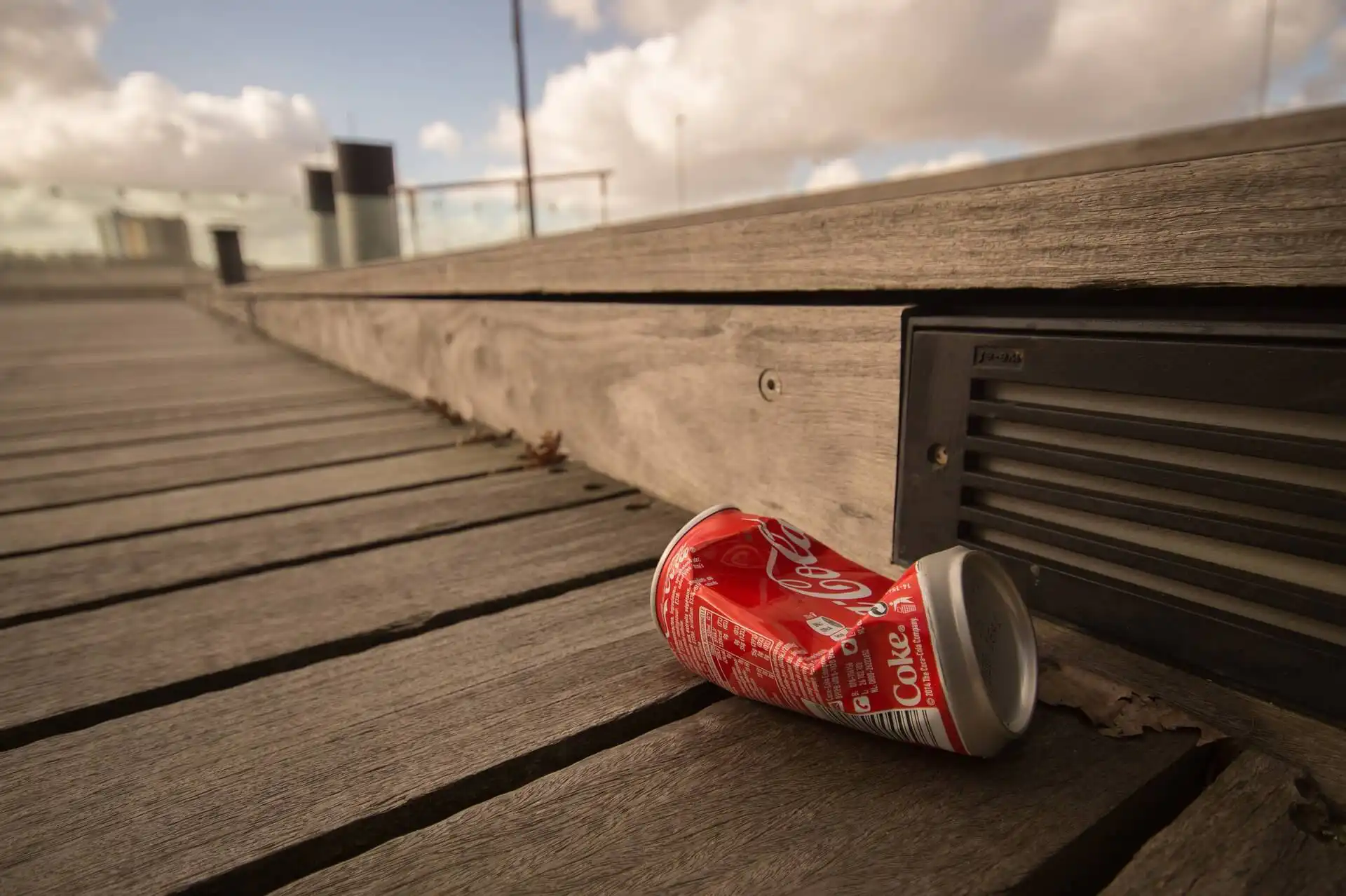Purchasing a house is an exciting endeavor. It entails making a large investment and taking on a huge responsibility. However, it can also be stressful as it usually requires several steps that need to be accomplished before the deal is finally complete. To help navigate the house buying process, it can help to understand critical factors that should be watched for when buying a house. This covers everything from the land and plumbing to the condition of the roof and other components.
Evaluate The Plumbing

Plumbing is a major component of any home. If it has problems, it can be expensive to fix. When evaluating a home, it helps to look around the kitchen and examine the sink fixtures and exposed pipes. By looking underneath the sink, it should provide access to the kitchen plumbing, which can reveal any water damage, leaks or mold growth. If any of these items are revealed, it puts an immediate red flag on the deal. Leaks or water damage indicate a potential problem and mold growth can be damaging to a person’s health if it is taken care of.
What’s The Status Of The Roof?
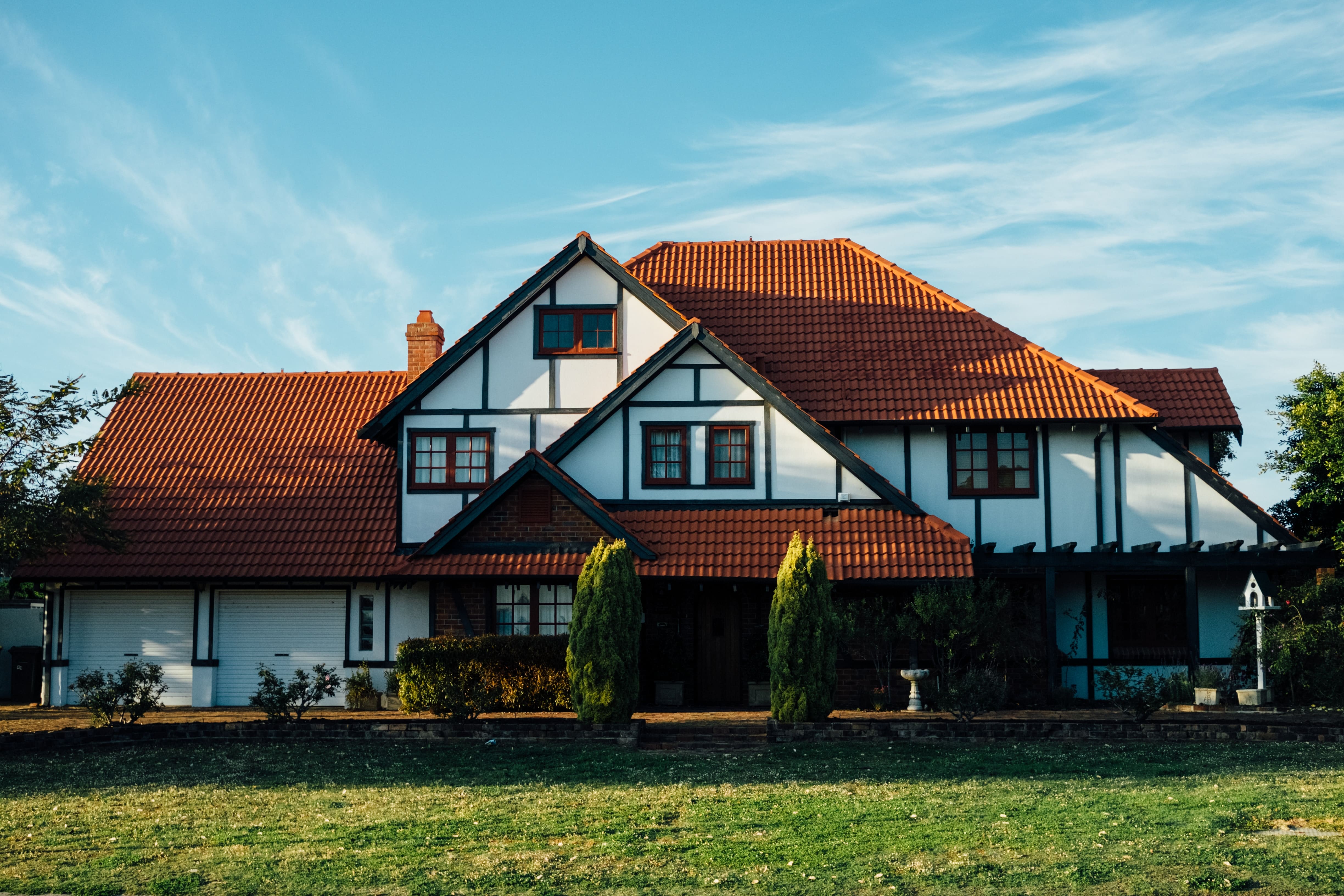
The roof of a home is one of the major components that should be evaluated before buying a house. Does the roof look old and worn or new? Are there any missing shingles? If any unsightly areas are noticed, it could indicate a bigger problem. If a roof does look aged, we recommend getting the opinion of a professional who can estimate how many years it has left before it needs to be replaced. A roof replacement can be expensive if it’s required. This can change the whole aspect of a house that looks like it’s a great deal when the selling price is the only factor considered.
Check The Temperature
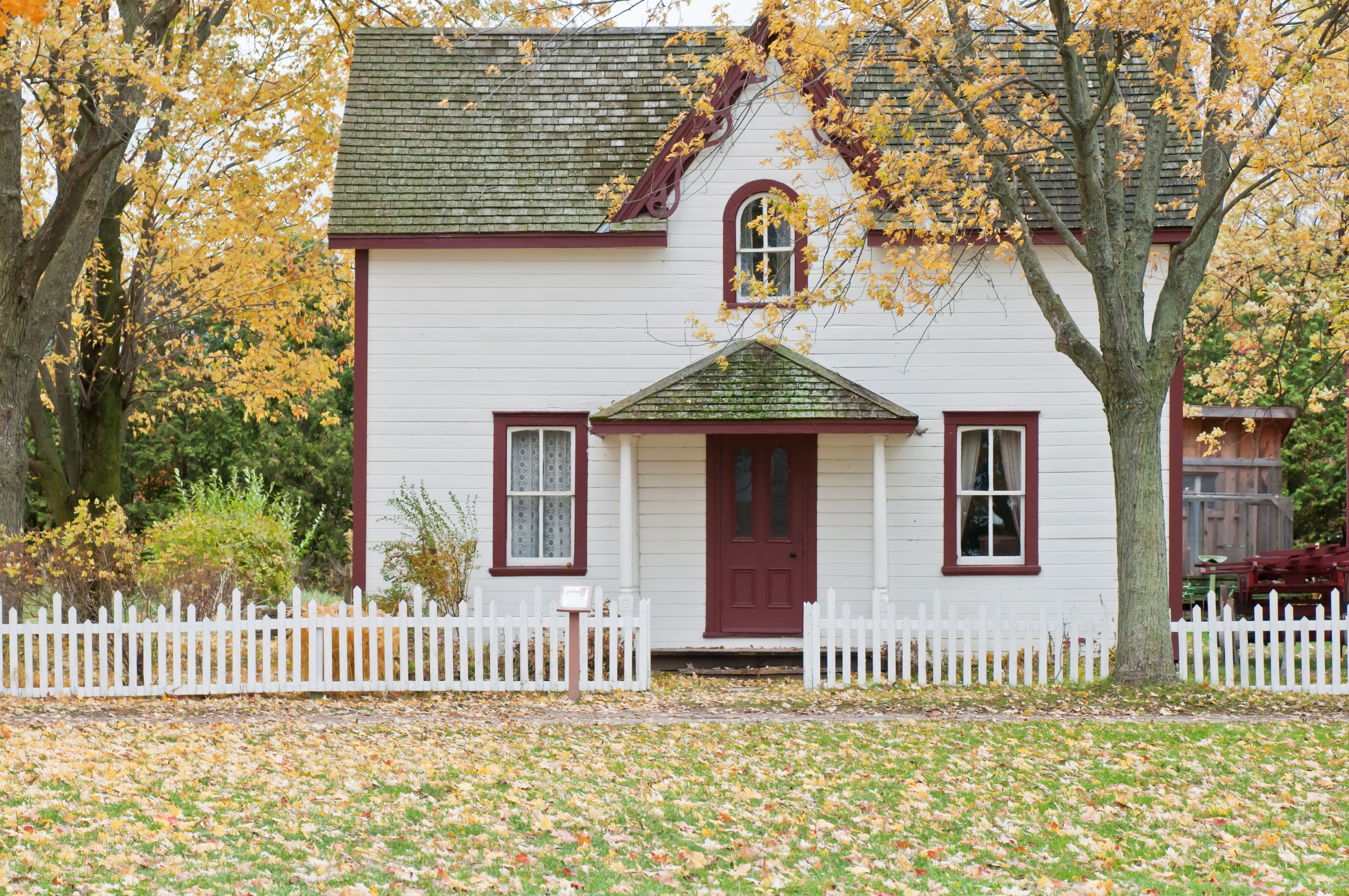
When buying a home that was built years ago, it may look outdated and old, which may mean that it also has outdated components that are vital to feeling comfortable such as cooling and heating systems. This can create an expensive energy bill that will have to be paid every month. It’s crucial to examine the heating system of a home to make sure that it doesn’t require any repairs or is nearing the end of its lifespan. An energy-efficient furnace can make a huge difference in the pocketbook over the long term by creating extra savings. If an outdated furnace is found, you must seriously reconsider buying the house.
Has the previous owner used Sustainable Insulation?

Another key component that we feel is important to have in a home is sustainable insulation. Several places should be checked to ensure that the home is adequately insulated. Analyze the heating ducts, plumbing and attic to make sure every area is well insulated. By taking the time to examine this factor, it can aid in reducing the cooling and heating costs and help make it more comfortable in both winter and summer months. A bonus tip is to also look for double pane windows, which can also help save cash.
Have A List Of Deal-Breakers

When evaluating a house, it’s important to have a list of deal-breakers. This can include the quality of the windows and other items such as the size of the backyard or areas for storage. If a person has a hobby that requires a certain amount of room, it should be accounted for when evaluating a home. It will also help to have a required number of bedrooms and bathrooms, especially if a family is going to be moving into the property. Many components can be added to this list. It just depends on the lifestyle of the individual who is going to be purchasing and moving into the residence.
Examine The Whole Property
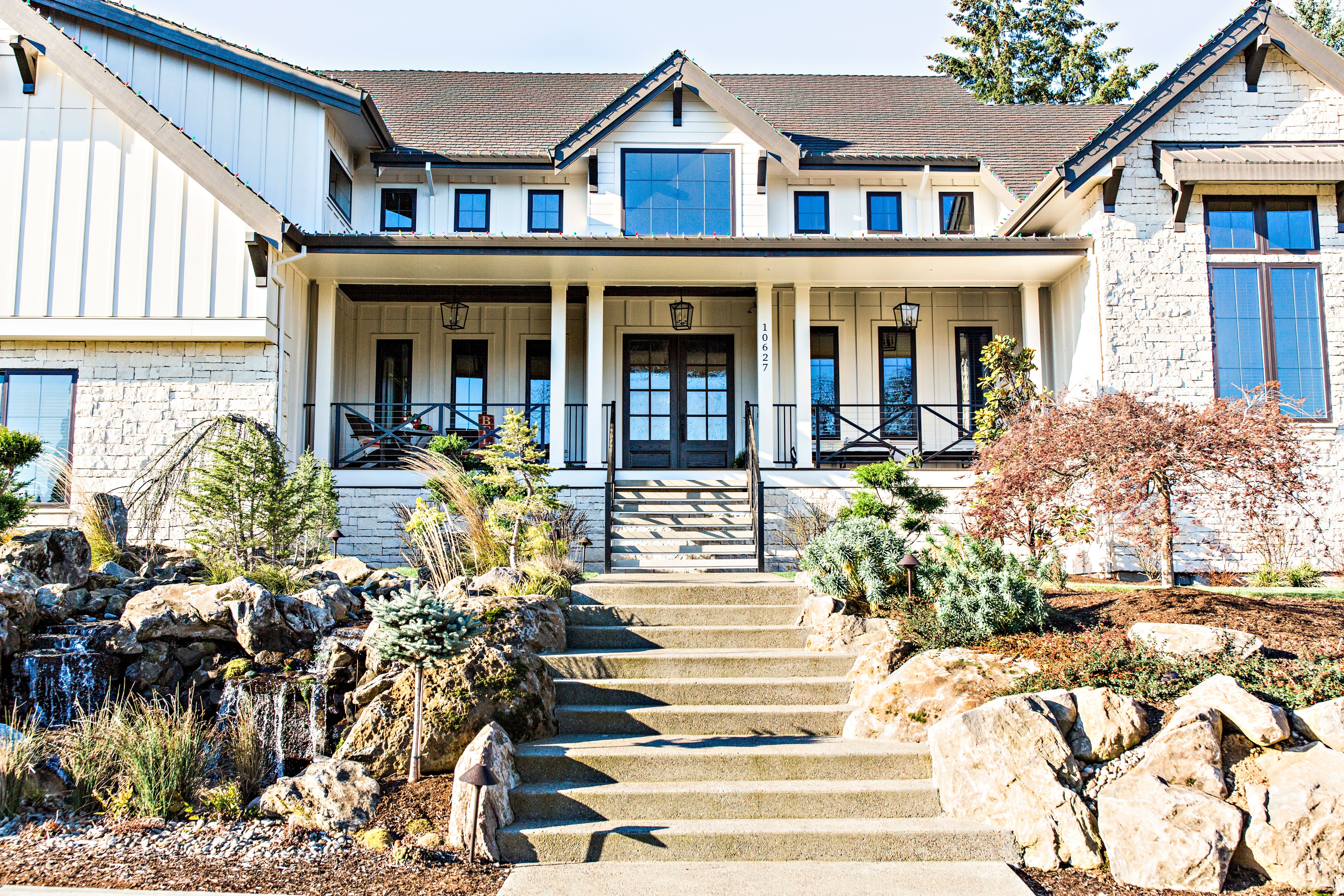
When a house is being purchased, the condition of the land must be taken into consideration as well. If it’s in a floodplain or surrounded by trees, there is a potential for flooding or fire in the future. Are there fences on the property? Have they been constructed professionally and put in securely? By taking the time to inspect other areas of the property, it will help ensure that a bigger cost or even a total disaster doesn’t strike when it’s least expected.
Leave no stone unturned

When a person is serious about buying a home, we believe it’s also a good idea to check everything. This means flip every light switch, turn every faucet and open and close every window and door. Taste the tap water, try the flush, the faucet, the bidet if there is one, one of them may expose a hidden problem. When hard-earned money is going to be used for this large investment, this step will provide peace of mind and help eliminate any potential problems that usually fall under the radar.
By being diligent and thorough when inspecting a home that’s for sale, it will help safeguard against buying a house that requires repairs.


